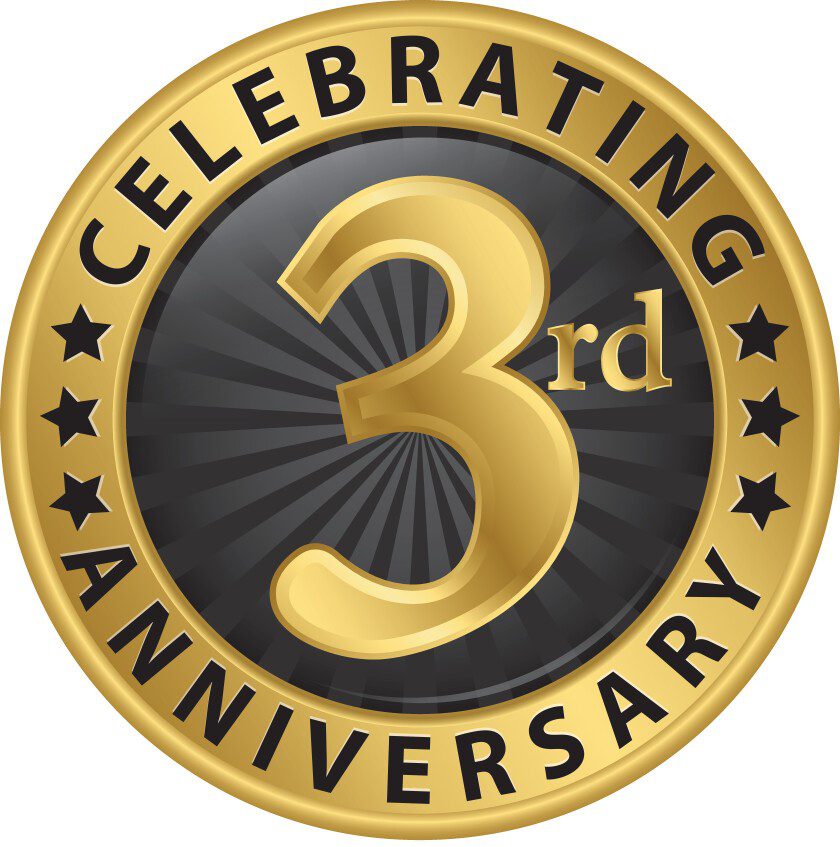Thirty percent of people who don’t follow a particular religion say they feel some connection to God or a higher power, and 19% say religion has some importance to them.
Luis Andres Henao, Kwasi Gyamfi and David Crary
(AP) – Nathalie Charles, even in her mid-teens, felt unwelcome in her Baptist congregation, with its conservative views on immigration, gender, and sexuality. So she left.
“I just don’t feel like that gelled with my view of what God is and what God can be,” said Charles, an 18-year-old of Haitian descent who identifies as queer and is now a freshman at Princeton University.
“It wasn’t a very loving or nurturing environment for someone’s faith,” she added.
After leaving her New Jersey church three years ago, she identified as atheist, then agnostic, before embracing a spiritual but not religious life. In her dorm, she blends rituals at an altar, chanting Buddhist, Taoist, and Hindu mantras and paying homage to her ancestors as she meditates and prays.
The path taken by Charles places her among the religiously unaffiliated ― the fastest-growing group in surveys asking Americans about their religious identity. They describe themselves as atheists, agnostics, or “nothing in particular.”
According to a survey released (Dec. 14) by the Pew Research Center, this group — commonly known as the “nones” — now constitutes 29% of American adults. That’s up from 23% in 2016 and 19% in 2011.
“If the unaffiliated were a religion, they’d be the largest religious group in the United States,” said Elizabeth Drescher, an adjunct professor at Santa Clara University who wrote a book about the spiritual lives of the nones.
The religiously unaffiliated were once concentrated in urban, coastal areas, but now live across the U.S., representing a diversity of ages, ethnicities, and socioeconomic backgrounds, Drescher said.
Even in their personal philosophies, America’s nones vary widely, according to a recent poll by The Associated Press-NORC Center for Public Affairs Research. For example, 30% say they feel some connection to God or a higher power, and 19% say religion has some importance to them even though they have no religious affiliation.
About 12% describe themselves as religious and spiritual and 28% as spiritual but not religious. More than half describe themselves as neither.
Nearly 60% of the nones say religion was at least somewhat important to their families when they were growing up, according to the AP-NORC poll. It found that 30% of nones meditate and 26% pray privately at least a few times a month, while smaller numbers consult periodically with a religious or spiritual leader.
“There are people who do actually practice, either in a particular faith tradition that we would recognize, or in multiple faith traditions,” Drescher said. “They’re not interested in either membership in those communities formally or in identifying as someone from that religion.”


